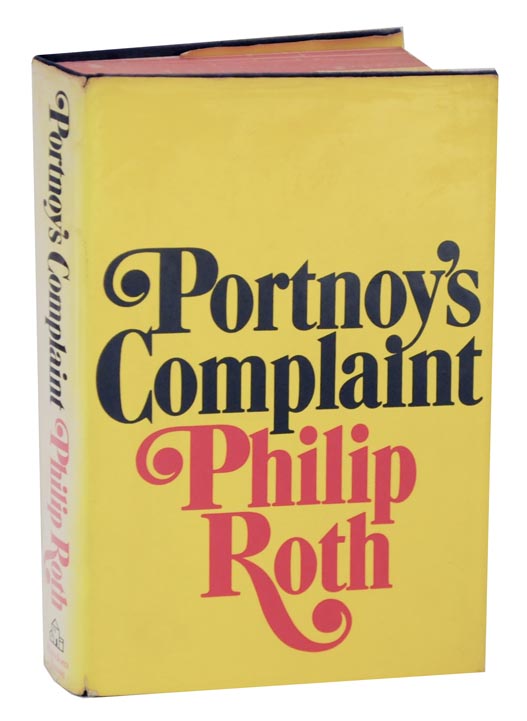“Why are you so nasty?” Brenda asks Neil in Philip Roth’s first book, Goodbye, Columbus. Nasty? Neil was tame stuff compared to some of Roth’s later heroes and no one comes nastier than Alex Portnoy. If Goodbye, Columbus launched Roth at the end of the 1950s, it was Portnoy’s Complaint, published ten years later, that made him a household name. It is when he found his voice as a writer: fast, furious, funny and very, very Jewish.
Portnoy was a book of its time, one of the best Jewish American novels of the Sixties. Published at the height of the 1960s, it was about sex, race and letting go. The whole novel is one long monologue by Alex Portnoy, lying on his analyst’s couch, trying to find out where it all went wrong.
The novel falls in two halves: Portnoy’s childhood and adolescence in the Jewish suburbs and then the adult Portnoy, a liberal trying to do good in Sixties America by day and compulsive womanizing by night.
The angst monologue, hilariously funny and raging against his respectable Jewish upbringing, reflected a key turn in Jewish American writing: the turn from society to the self. The great Jewish writers of the previous half century had written about the great social themes: immigration and assimilation, poverty and the Depression, the war and McCarthyism. The leading Jewish American writers of the Sixties looked inwards. The self was their subject. Not any self. A self floating loose from Judaism, with no roots in the past, without political passions, but nevertheless fixated on the past. Portnoy’s childhood, in particular his dominating, larger-than-life mother, is the central subject of the novel. The critic, Tony Tanner, writes of Portnoy’s “hopeless, senseless loyalty to the long ago”.
This focus on the self leads to a new kind of Jewish-American writing. Tanner compares Portnoy with Bellow’s masterpiece, Herzog, another Sixties novel: “both books [Herzog & Portnoy] amount to amazing monologues by recumbent figures determined finally to ‘have it out’ at whatever cost to traditional novel plots and patterns, to give reign to their self- obsession at whatever risk of solipsism”.
Both novels find a new form, a new way of writing about the self in modern urban America. They are realistic, set in an immediately recognisable, detailed contemporary America, but it is a realism which dispenses with conventional plot and drama. Instead of having a plot, they circle around, appearing as if they don’t have a centre and move towards a resolution which isn’t a resolution. What drives both books is a mixture of tremendous comic energy, a kind of new liberated impiety, a strong sense of the Jewish past and an intellectual seriousness. Portnoy and Herzog are a new kind of hero: they speak Yiddish but they have left Judaism and their roots behind. They are deeply thoughtful but they are somehow paralysed, unable to move forward in their lives, constantly looking back to the past. It is this move between the present, urban 1960s America, and the Jewish past, between paralysis and the tremendous energy of the dialogue and the writing, which set these books apart.
What sets Portnoy apart is that it was so hilariously, angrily frank about two subjects: sex and Jews. Even in the Sixties, no leading novelist wrote about sex in the way Roth did. The scene when young Alex Portnoy masturbates into some liver he has collected for the family’s dinner made Roth famous overnight. But it was the way Roth took a nice Jewish boy from the suburbs and turned him into a foul-mouthed sex fiend that shocked Jewish readers and made the book so controversial. This was a long way from the grand old man of American letters that Roth was to become. It is fashionable to praise the Roth of today. I miss the scabrous language and fantastic comic energy of Portnoy, the book which made Roth one of the two great Jewish American writers of the post-war period.
This article originally featured in the October 2007 issue of Jewish Renaissance magazine.


